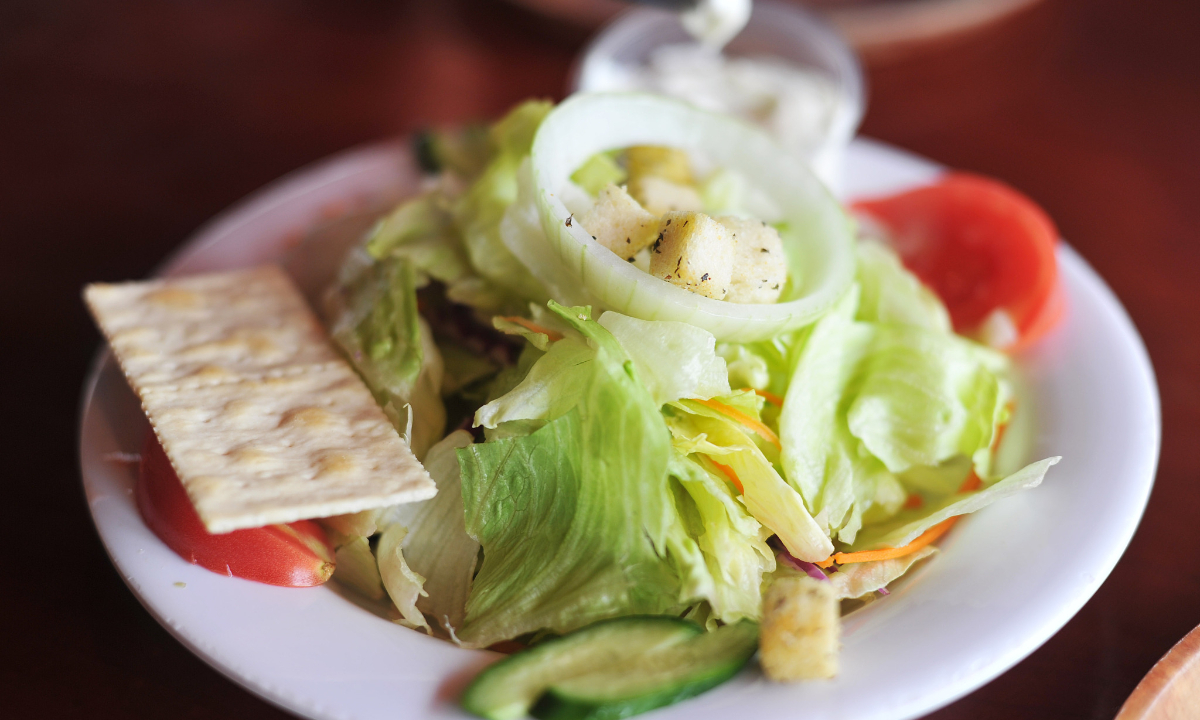
Photo:VCG
Recently, The Guardian reported that on Chinese social media, the term "white people food" went viral. Upon seeing the term for the first time, it's fairly easy to picture some green, raw, or tasteless salad lunch seen in Europe. As a Chinese, it was perplexing and left a strong impression of confusion on this writer to see such simplistic-style "lunch" for the first time in the UK some 10 years ago.
The reaction of other Chinese would unlikely be much different from that when they went overseas for travel or to live. Yet, this cuisine has penetrated into China and become popular among certain groups like office workers.
The article claimed that some Chinese netizens shared photos of the Western food with plain ingredients such as "cheese, sliced meat and raw vegetables," and that they were "surprised" by its simple style, and even created a term "bairen" fan.
Although the term may not be accurate or sensible, it does reflect the experiences of some Chinese when it comes to a Western lunch, especially after having a big variety of meaty and satisfying Chinese breakfast.
It is well-known that China boasts a unique variety of food, featuring tastes as it likes to add many ingredients in its cooking. Due to different geographical conditions, the sources of food ingredients, and historical factors, Chinese food has a wide range of flavors, and almost every province or city has a unique style of cuisine, some of which have already established popularity in Western countries - regardless of the level of authentic flavor they keep. So, for Chinese who grow up enjoying different styles of cuisine where the varieties are easily available, it is not only natural that they feel it very "plain" and devoid of "eating pleasure," but also thought-provoking for them on how much a person could sacrifice in the joy of food for health or perceived "laziness."
Those netizens may represent more traditional ideas, but many Chinese millennials hold different views.
On Chinese lifestyle platform Xiaohongshu, where millennials make up over 70 percent of users, numerous users, both Chinese and foreigners in China, have been sharing their moments of eating such simplistic food, joining the fad of showing off self-discipline or just poking fun. Some people seriously find these Western-style meals very convenient, time-saving, and easy to prepare. Due to their lower calorie content, these meals have become a choice for many fitness or weight-loss enthusiasts, too.
Still, some questioned on Xiaohongshu, "I am just curious whether they prioritize freshness and health or if they genuinely find this food delicious."
The question of which style of food is better is hard to say as it relies on different people's cultural backgrounds, customs and tastes. Yet the Chinese people' preference for tasty food is also reasonable and undeniable. Nowadays a very long list of Western fast-food restaurants have entered China, and of course some have changed their menus by adding more varieties to cater to local tastes. This shows that the Westerners have also taken note of Chinese food culture.
Also, Chinese people are more sensible in their choice of food now than when the Western fast food was first introduced to the country in the 1980s.




